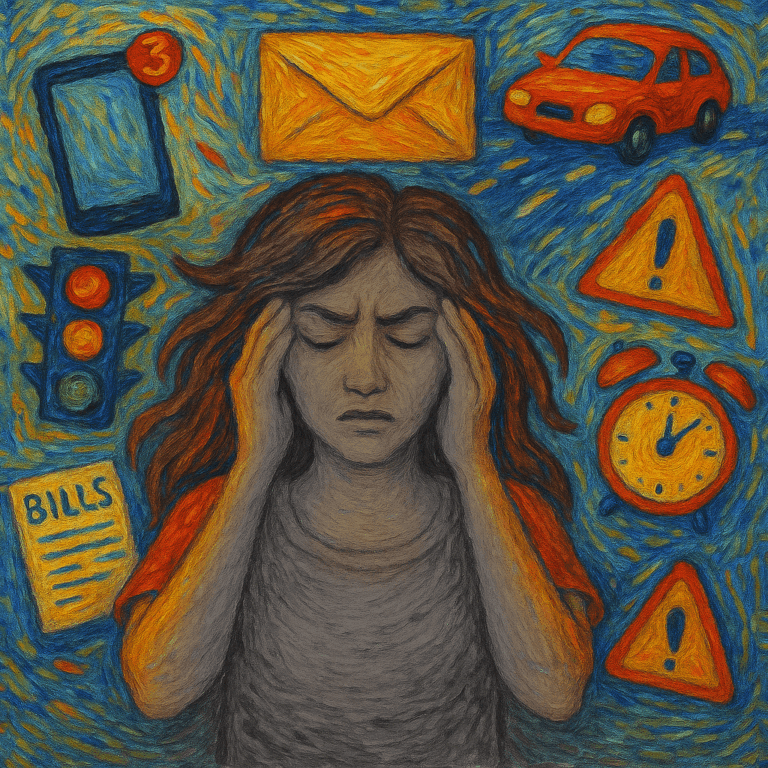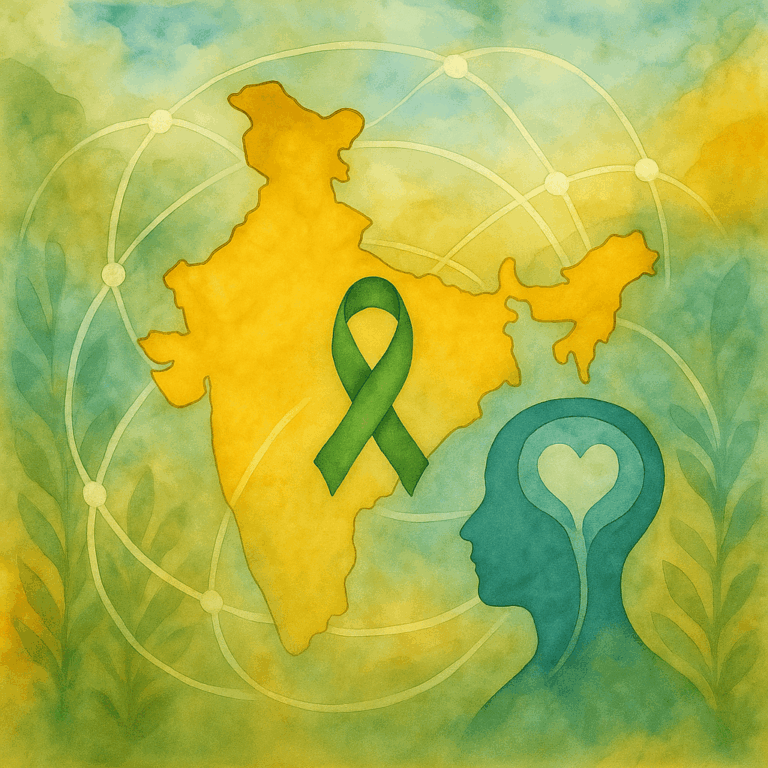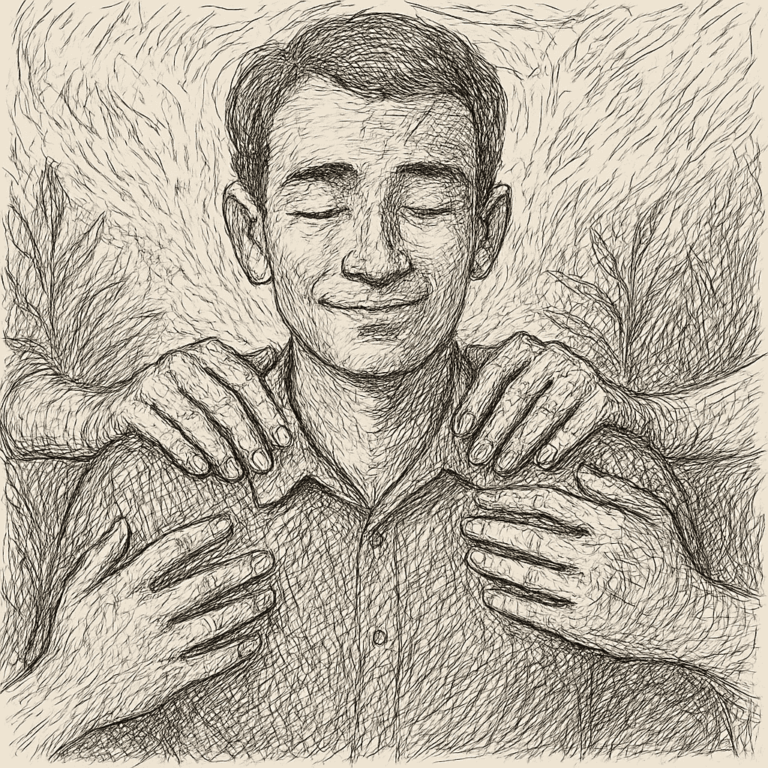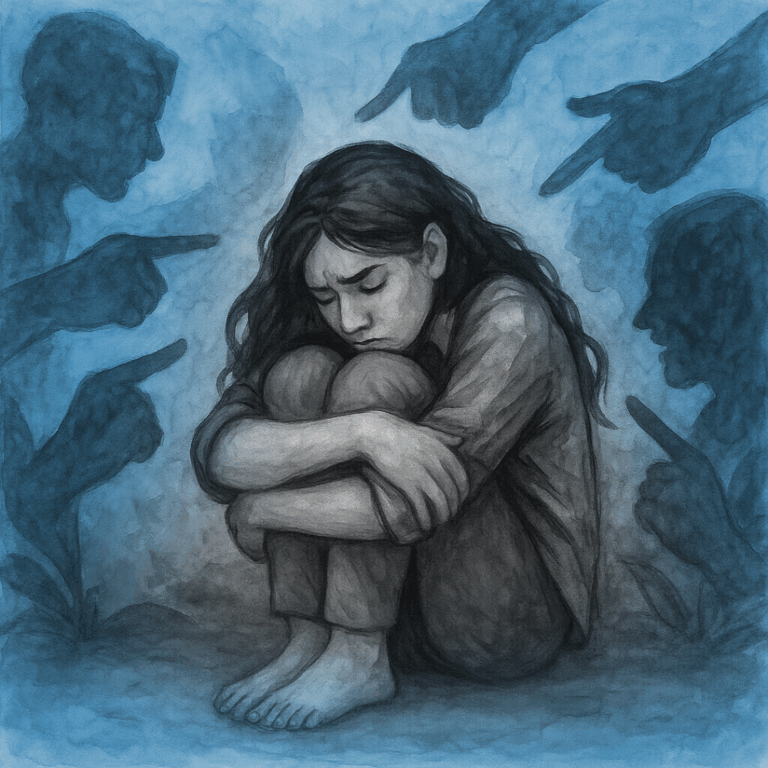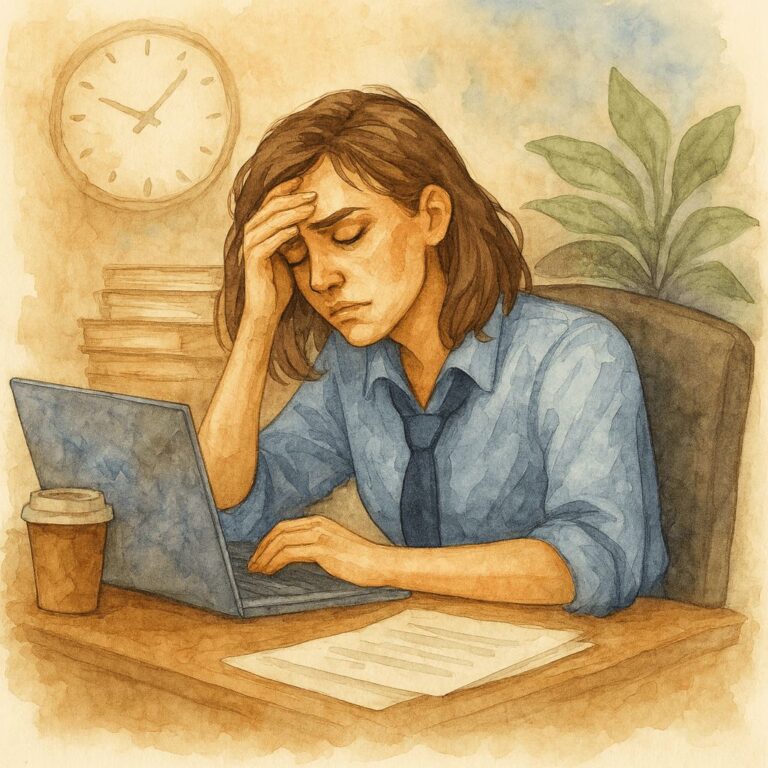Across India and around the world, conversations about cannabis are shifting. Once seen purely as an illicit substance, cannabis is now being discussed in the context of legalization, medical use, and pop culture normalization. But beneath this growing acceptance lies a concerning trend — rising cannabis use among young people, many of whom underestimate its risks.
At Ganaa, we see firsthand how early and prolonged cannabis use affects developing minds. Beyond the myths and misinformation, the truth is clear: cannabis use during adolescence can have lasting effects on brain function, emotional stability, and long-term mental health.
The Growing Trend: Cannabis and Indian Youth
Recent years have seen an increase in cannabis use among young adults and even adolescents in India. Factors such as social media influence, peer pressure, and the perception that “it’s not as bad as other drugs” have all contributed to its normalization.
In urban centers, cannabis is often viewed as a harmless way to relax or manage stress. In college campuses and creative industries, it’s romanticized as part of a “chill” or “artistic” lifestyle. However, research paints a different picture.
Adolescents and young adults are particularly vulnerable to the effects of cannabis because their brains are still developing. Regular use can alter neural pathways linked to motivation, decision-making, and emotional regulation — areas critical during formative years.
Myths vs. Reality
Myth 1: “Cannabis is natural, so it’s safe.”
Yes, cannabis is a plant — but not all natural substances are harmless. Modern cannabis strains are far more potent than those used decades ago, often containing high levels of THC (tetrahydrocannabinol), the psychoactive compound responsible for its “high.” Prolonged use can lead to dependence, cognitive impairment, and even psychosis in vulnerable individuals.
Myth 2: “It helps with anxiety and depression.”
Many young users start cannabis believing cannabis use will calm them down. While it may offer temporary relief, long-term use often worsens anxiety, mood instability, and irritability. Over time, the brain becomes reliant on external substances for emotional regulation — making natural coping mechanisms weaker.
Myth 3: “It’s not addictive.”
Cannabis can be addictive, especially when used regularly. Studies show that approximately 1 in 10 users develop cannabis dependence. Among adolescents, that risk doubles. Withdrawal symptoms such as irritability, sleep disturbance, and cravings are real and measurable.
Myth 4: “It’s better than alcohol or cigarettes.”
Comparing substances minimizes the harm each can cause in its own way. Cannabis affects brain development and motivation in ways alcohol and nicotine do not. Many users also combine substances, multiplying risks to both mental and physical health.
Mental Health Impact of Cannabis Use
For young people, cannabis doesn’t just affect the body — it deeply impacts the mind.
1. Cognitive Decline and Motivation Loss
Regular cannabis use in adolescence can lead to a decline in attention, memory, and academic performance. Some users describe a sense of “mental fog” or lack of drive — a condition sometimes referred to as amotivational syndrome.
2. Mood Disorders and Anxiety
While some turn to cannabis for stress relief, chronic use is linked to higher rates of anxiety, panic attacks, and depressive symptoms. The more frequently it’s used, the harder it becomes for the brain to regulate mood without it.
3. Psychosis and Schizophrenia Risk
For individuals with a family history of mental illness, cannabis can act as a trigger. Heavy use, particularly of high-potency strains, has been associated with an increased risk of psychotic disorders like schizophrenia.
4. Sleep and Emotional Regulation
Although some believe cannabis helps them sleep, it disrupts REM sleep — the most restorative phase. Over time, this can worsen irritability, fatigue, and emotional instability.
The Role of Family, Schools, and Community
Prevention begins with awareness. Parents, educators, and peers play a crucial role in shaping how young people view substances like cannabis. Honest conversations — without judgment or exaggeration — help demystify the drug and encourage informed choices.
At Ganaa, we’ve seen how stigma often delays help. Families may dismiss cannabis use as “a phase,” only realizing its impact when academic decline, irritability, or mental health symptoms appear. Early intervention, psychoeducation, and structured therapy can make all the difference.
How Ganaa Helps
At Ganaa, we approach cannabis addiction and related mental health conditions through evidence-based, compassionate rehabilitation. Our multidisciplinary team — including psychiatrists, psychologists, therapists, and counselors — provides holistic care tailored to each individual’s needs.
Our approach includes:
- Comprehensive assessment: Taking a complete history of use, and identifying co-occurring mental health conditions such as anxiety, depression, or bipolar disorder.
- Therapeutic interventions: Cognitive Behavioral Therapy (CBT), Motivational Interviewing, and relapse-prevention therapy.
- Family involvement: Helping families understand the nature of cannabis dependence and build supportive home environments.
- Holistic care: Yoga, mindfulness, neurofeedback, and creative therapies that restore focus, balance, and emotional stability.
Our goal isn’t just abstinence — it’s helping individuals rediscover their potential, rebuild relationships, and regain control of their lives.
Your Recovery Starts with the Right Step
Cannabis use among youth is not just a trend — it’s a growing public health concern that demands understanding and compassion, not judgment. At Ganaa, we believe awareness is the first step toward prevention and healing.
If you or someone you know is struggling with cannabis use or its negative effects, reach out. With the right support, recovery is within reach.
Reach out today.
- Call or WhatsApp us at +91 8750075006 today.
- Visit Ganaa.in to book your consultation or learn more.
- Let’s build a future of healing—together, from anywhere in India.


